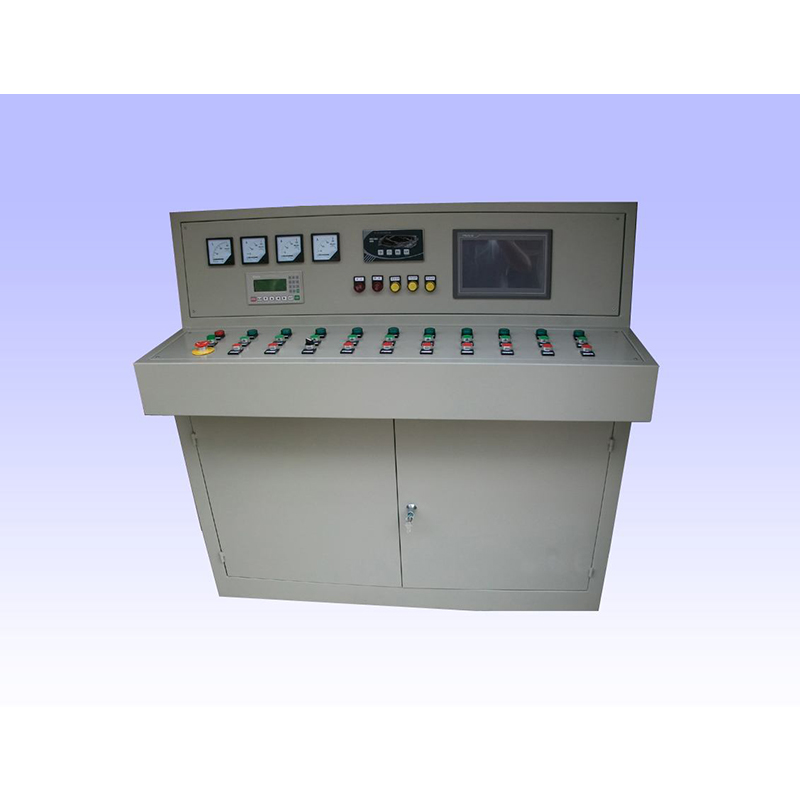
8 月 . 28, 2024 14:30
Back to list
natural gas filter separator
Natural Gas Filter Separators Essential Equipment for Gas Processing
Natural gas is a vital energy source that powers industries, homes, and transportation. However, before it can be utilized, it must be processed to remove impurities and contaminants that can interfere with its efficiency and safety. One essential piece of equipment used in this processing is the natural gas filter separator. This article explores the function, design, and benefits of filter separators in the natural gas industry.
Understanding Filter Separators
A natural gas filter separator is a device designed to remove solid particles, liquids, and other impurities from natural gas. The need for such equipment arises because natural gas typically contains water, dirt, oil, and other constituents that can affect the quality of the gas and the efficiency of downstream equipment such as compressors and turbines. By ensuring that the gas is clean and free of contaminants, filter separators help maintain optimal performance.
How They Work
Filter separators operate using a combination of filtration and separation processes. The gas enters the filter separator, where it first passes through a filter element. This element traps solid particles such as dust and dirt, preventing them from entering the downstream equipment. Once the particles are captured, the gas flows into a separation chamber where gravity plays a significant role. Here, any liquid contaminants, such as water and oil, settle to the bottom while the purified gas rises to the top.
Most filter separators are designed with a coalescing feature, which aids in the removal of droplets of liquid. In this setup, small liquid droplets collide and merge to form larger droplets, which can then be easily separated from the gas stream. Some modern filter separators also utilize advanced technologies such as cyclonic separation or the use of additional centrifugal forces to enhance the efficiency of the separation process.
natural gas filter separator

Design Considerations
The design of a natural gas filter separator is critical to its efficiency. Factors such as the flow rate of the gas, types of contaminants expected, and the desired level of filtration all influence the design. Filter separators can vary in size and complexity, with some being quite compact and suitable for smaller operations, while others are large and designed for high-volume industrial applications. Materials used in construction must also withstand harsh conditions, including high pressure and corrosive substances, which can be prevalent in natural gas streams.
Benefits of Filter Separators
Using natural gas filter separators offers numerous benefits. Firstly, they enhance the reliability and efficiency of gas processing systems, reducing the likelihood of equipment failure caused by contamination. Secondly, they help improve product quality by ensuring that the gas delivered to consumers is clean and safe. Additionally, filter separators contribute to operating cost savings by minimizing maintenance requirements and extending the lifespan of downstream equipment.
Furthermore, by removing water and other liquids from the gas stream, filter separators help prevent the formation of hydrates and corrosion in pipelines, which can lead to costly repairs and operational downtimes.
Conclusion
In summary, natural gas filter separators play an essential role in the natural gas processing industry by ensuring the delivery of clean, high-quality gas. Their efficient filtration and separation capabilities protect equipment and enhance the overall performance of gas production and distribution systems. As the demand for natural gas continues to grow, the significance of filter separators will remain as crucial as ever in maintaining the integrity and efficiency of gas processing operations.
Next:
Latest news
-
Unlocking The Quality Gas Pressure ReducersNewsNov.01,2024
-
The Role of Gas Pressure Reducing StationsNewsNov.01,2024
-
The Importance and Functionality of Safety Relief ValvesNewsNov.01,2024
-
The Essential Role of Safety Valves in Natural Gas ApplicationsNewsNov.01,2024
-
The Essential Role of Gas Pressure RegulatorsNewsNov.01,2024
-
Enhance Your Premium Gas FiltersNewsNov.01,2024

